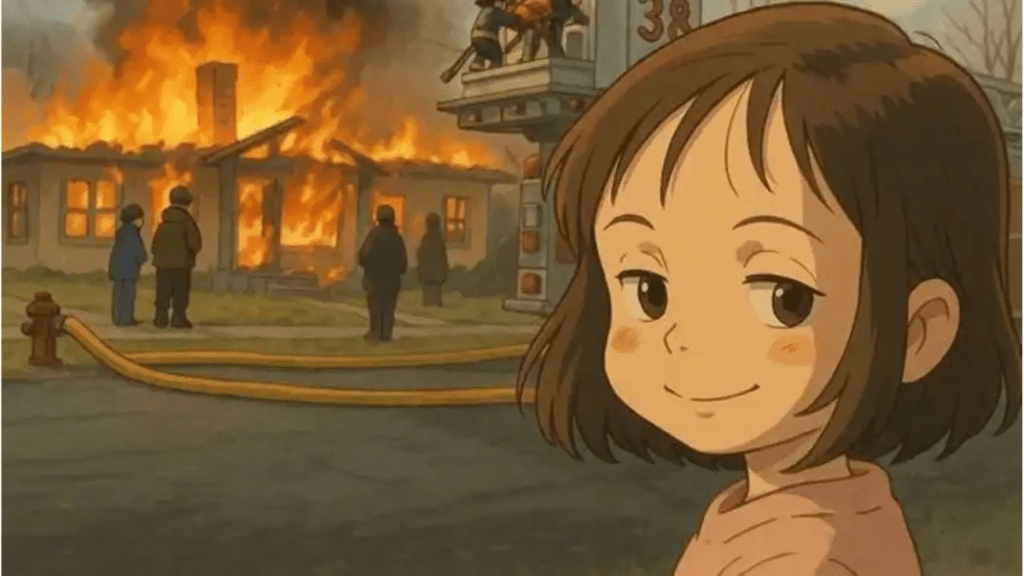Japan’s Content Overseas Distribution Association (CODA), an industry body representing some of the country’s leading creative publishers and studios, including Studio Ghibli, has asked OpenAI to stop using its members’ copyrighted material to train artificial-intelligence models without prior consent.
Japan’s creators take a stand
The letter, sent last week, comes amid growing unease in Japan’s media circles over how generative-AI systems are built. CODA’s move follows the surge of AI-generated artwork emulating Ghibli’s signature hand-drawn aesthetic after OpenAI released its native image generator in March. Users worldwide began producing “Ghiblified” portraits, and even OpenAI chief executive Sam Altman briefly used one as his profile picture on X (formerly Twitter).
Copyright concerns over OpenAI’s ‘train first’ approach
The association’s demand also coincides with OpenAI’s plan to expand access to Sora, its text-to-video generator. CODA has warned that reproducing or closely imitating copyrighted works during machine-learning or content generation may constitute infringement under Japan’s Copyright Act, which requires prior authorisation for any use of protected material. “There is no system allowing one to avoid liability for infringement through subsequent objections,” the group said in its statement.
The letter throws light on the concern over OpenAI’s “use-first, seek-permission-later” approach, which has triggered complaints from rights holders across sectors, from Nintendo to the estate of Dr Martin Luther King Jr, after users generated synthetic versions of their characters or likenesses.
A global legal grey zone
Globally, the legality of using copyrighted content for AI training remains unresolved. The United States Copyright Act of 1976 predates the technology, and while a recent U.S. ruling found that Anthropic did not breach copyright law by training its models on protected books, the company was penalised for illegally sourcing them.
CODA argues that Japan’s stricter legal framework leaves little ambiguity: replication of creative works during AI training could invite prosecution. If OpenAI declines to comply, legal experts say affected rights holders may pursue civil action.
Hayao Miyazaki, the acclaimed filmmaker and co-founder of Studio Ghibli, has not commented on the current controversy. But his stance on machine-generated art has long been uncompromising. When shown an AI-produced animation in 2016, Miyazaki said he was “utterly disgusted,” calling it “an insult to life itself.”

